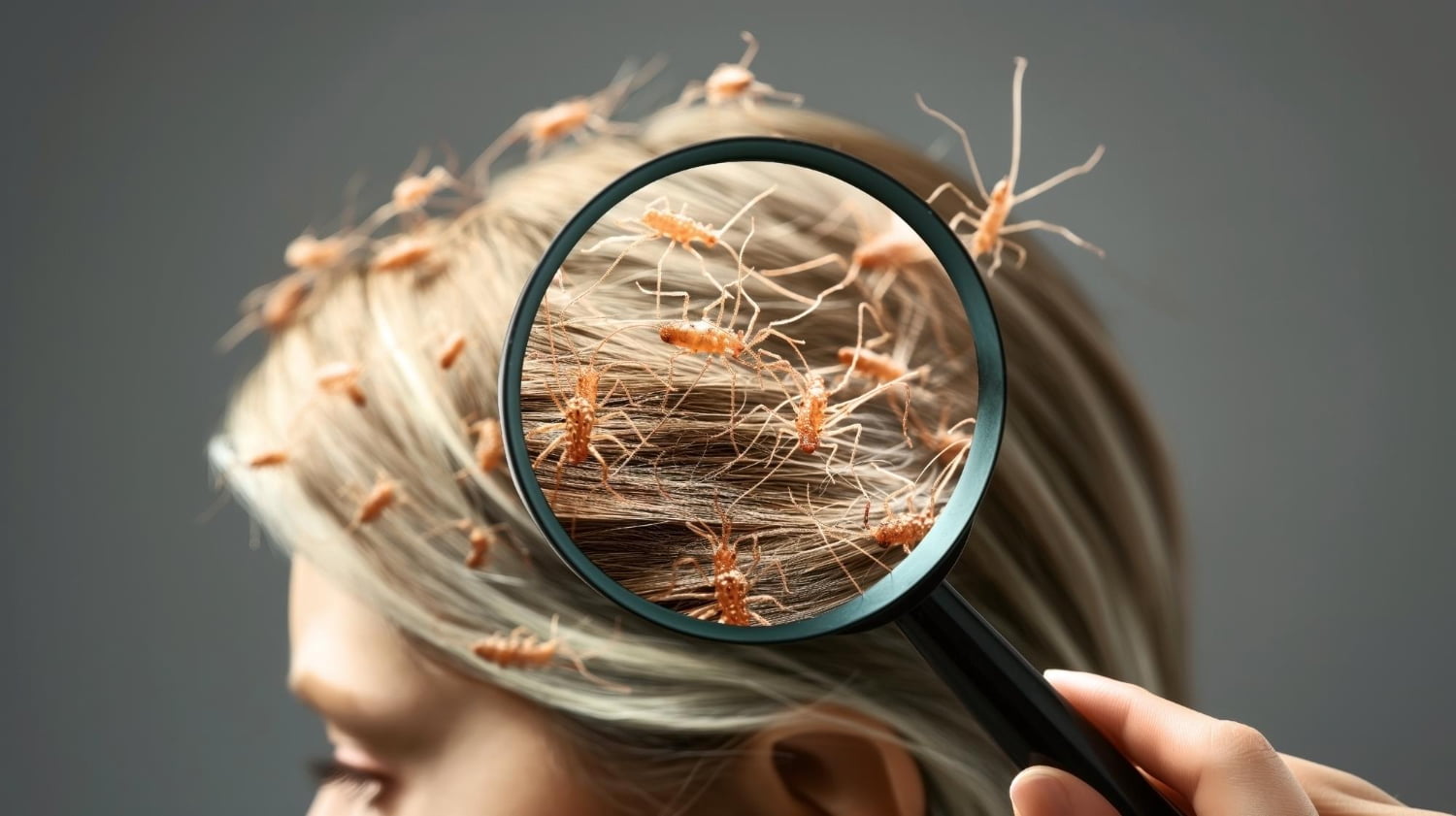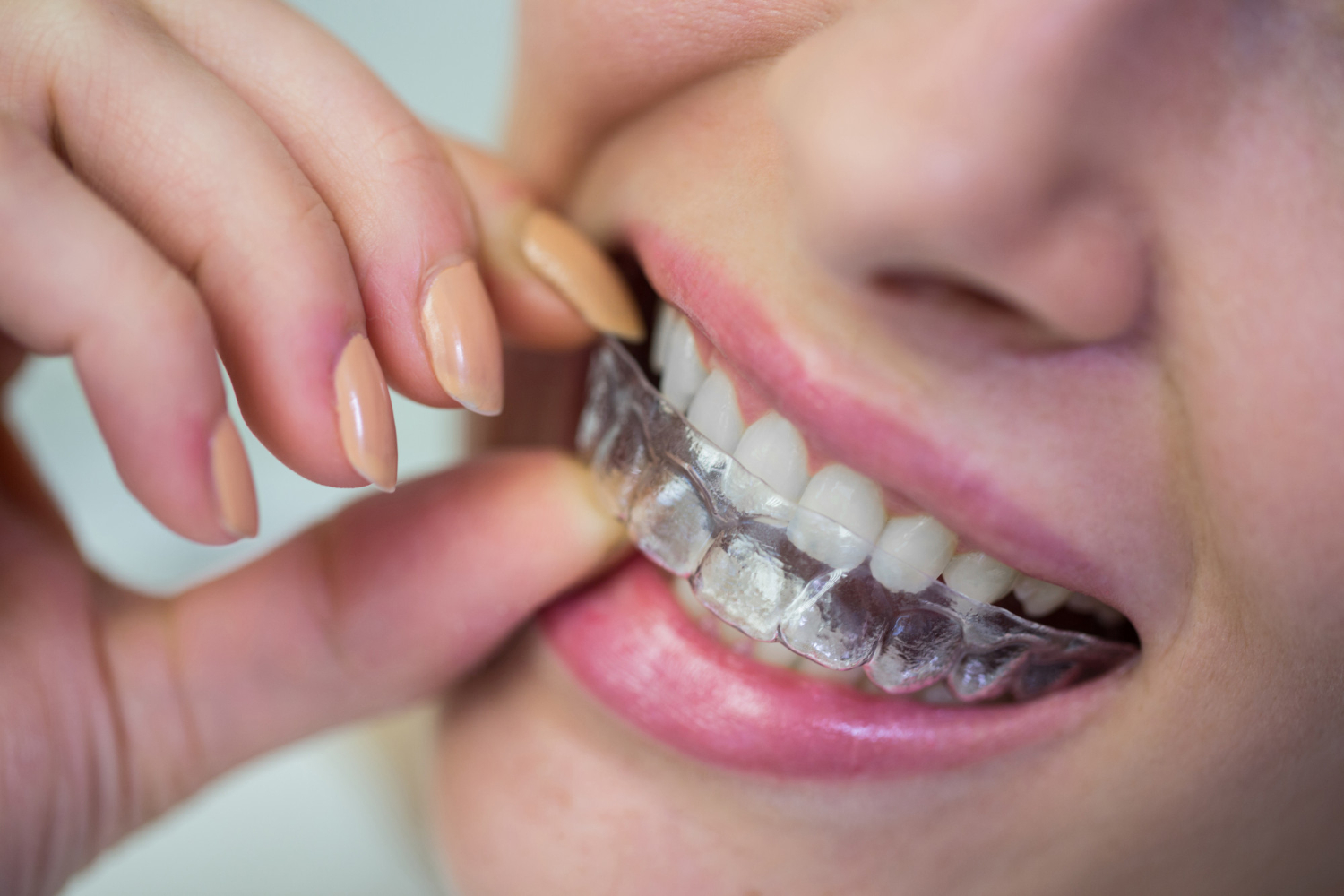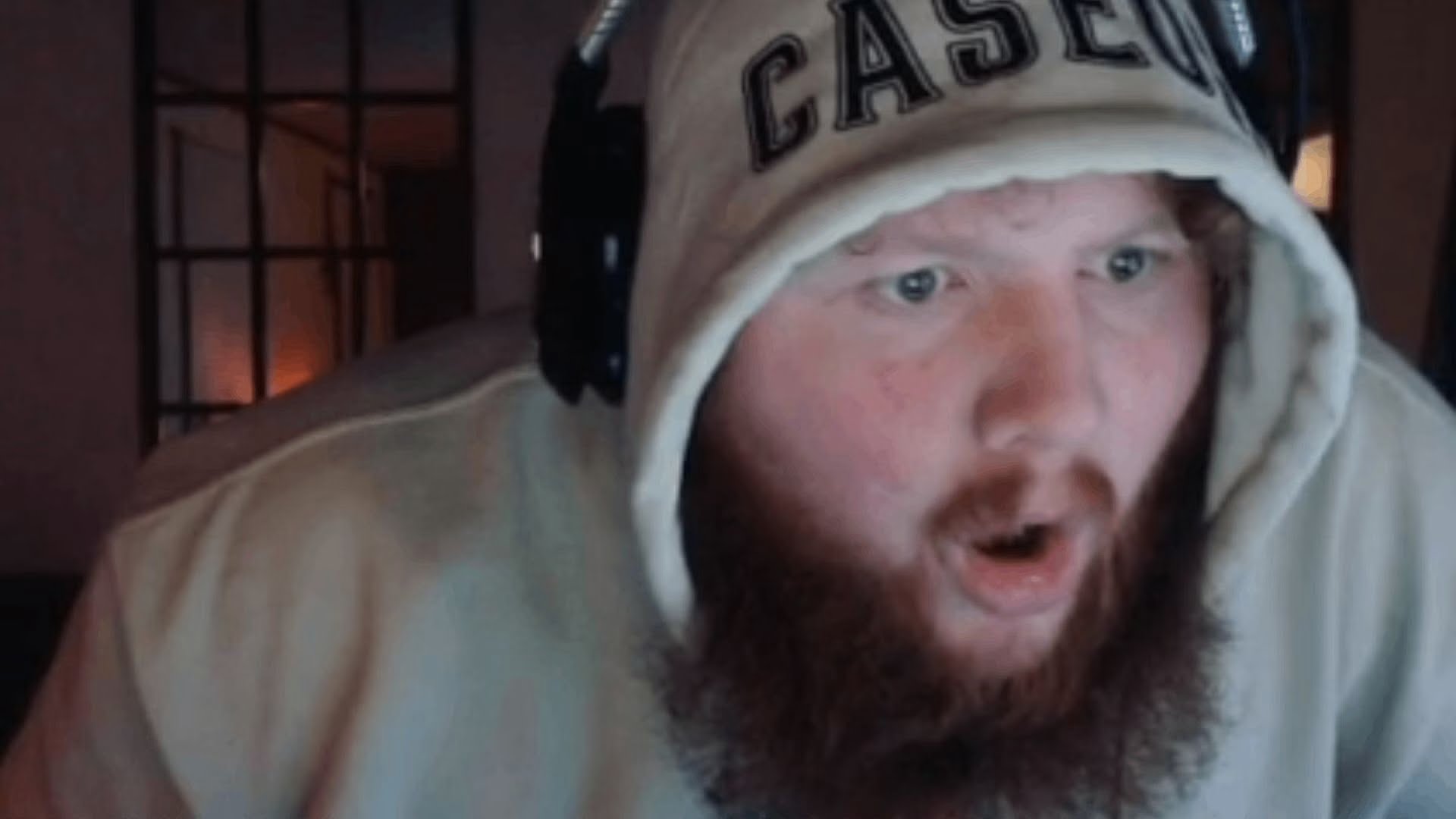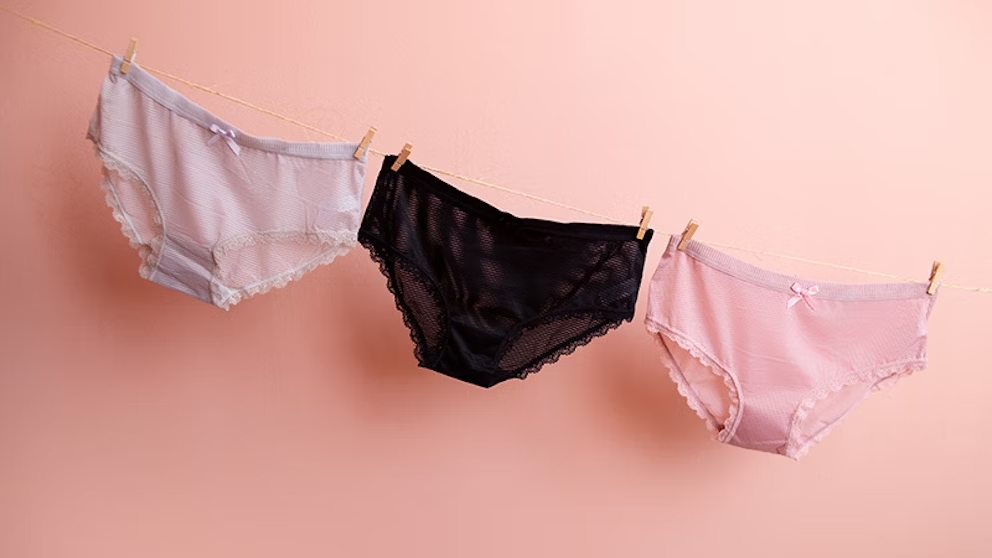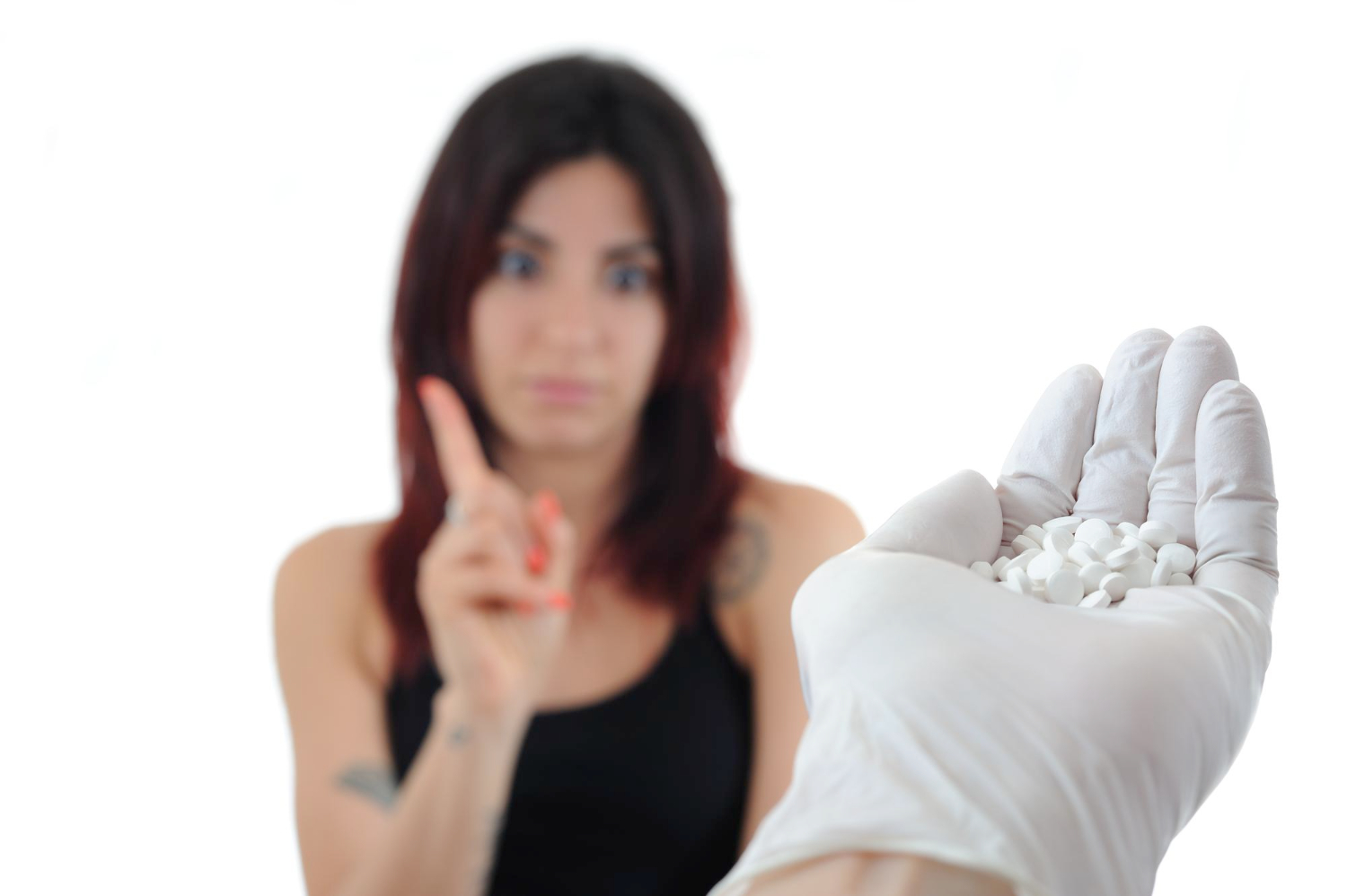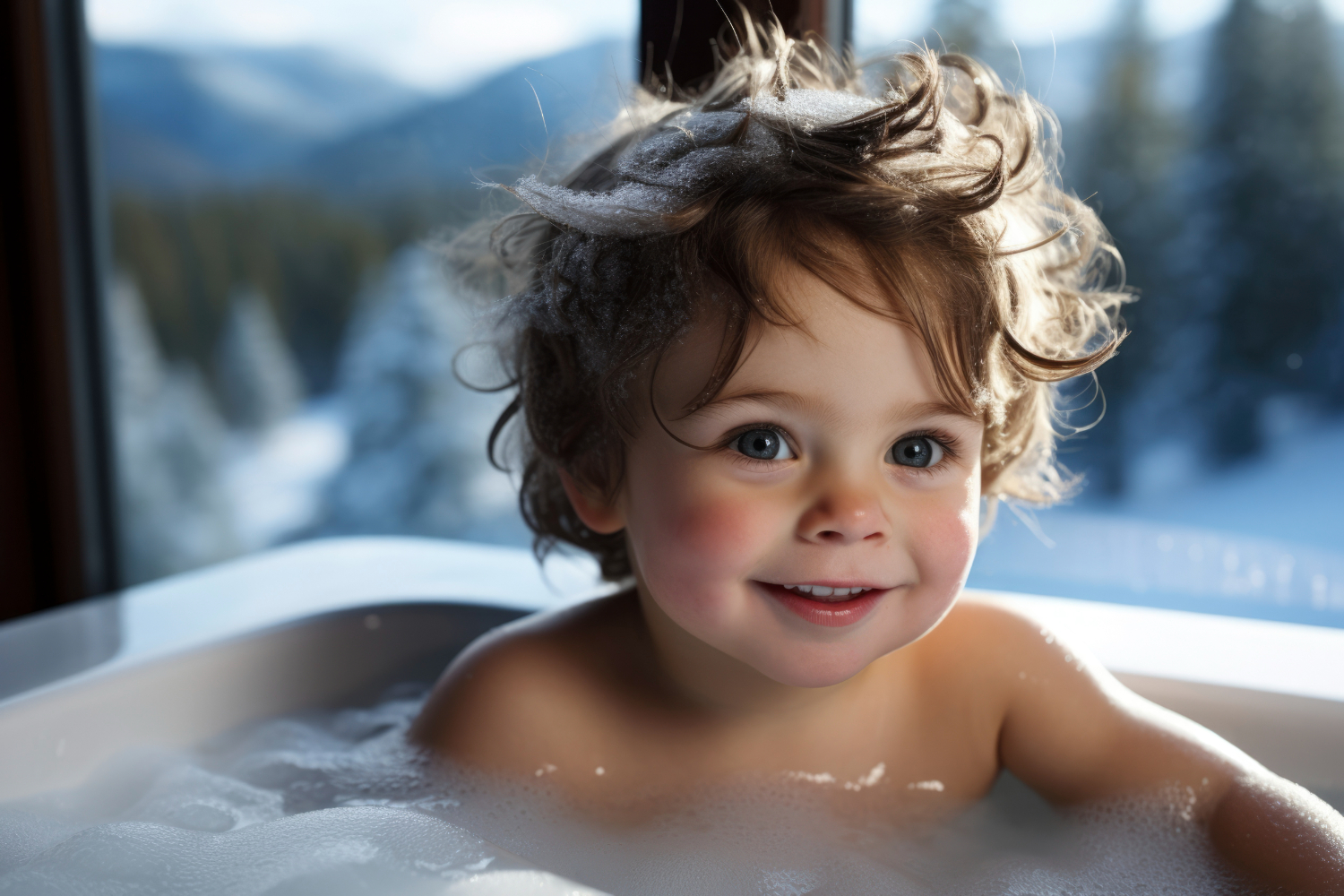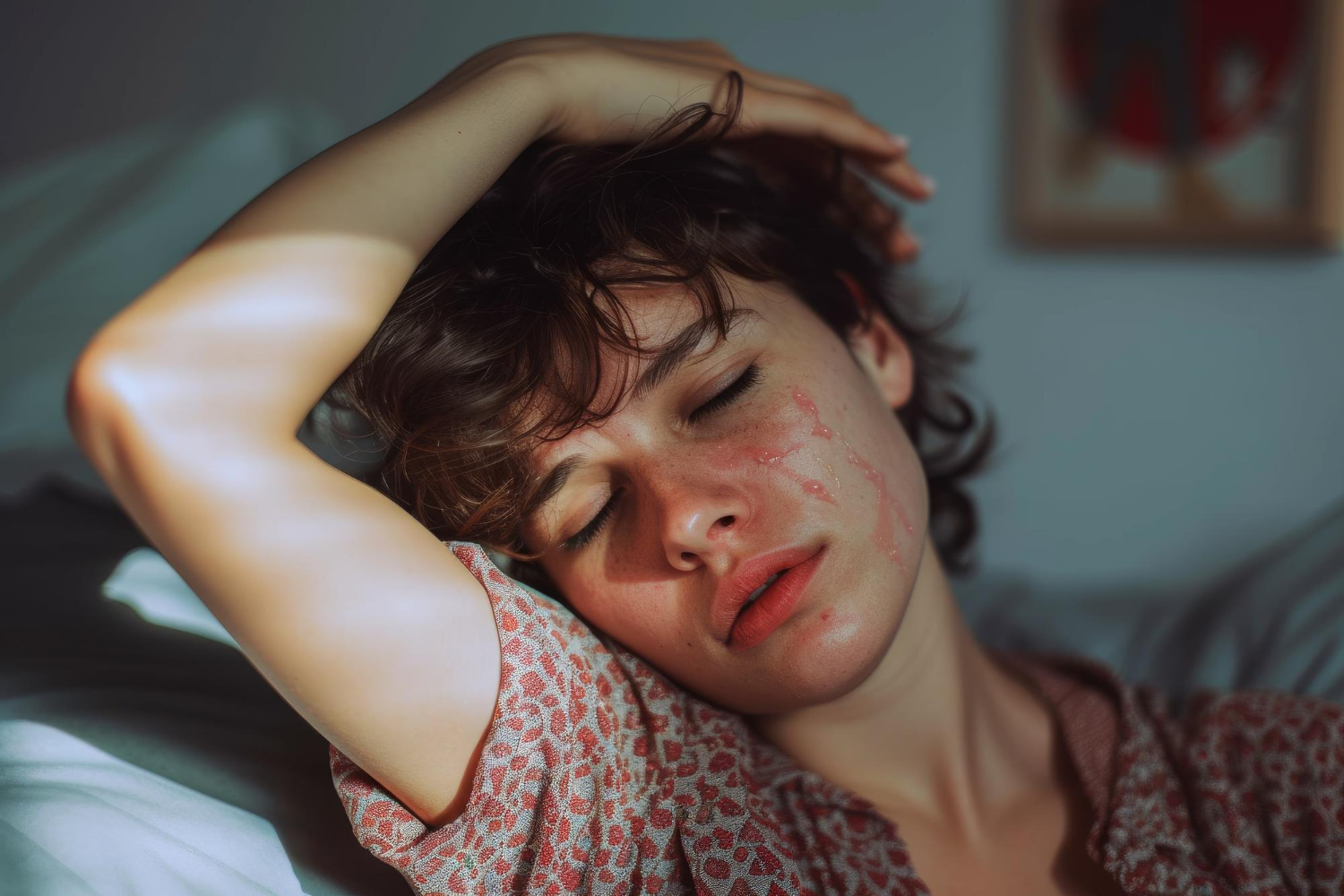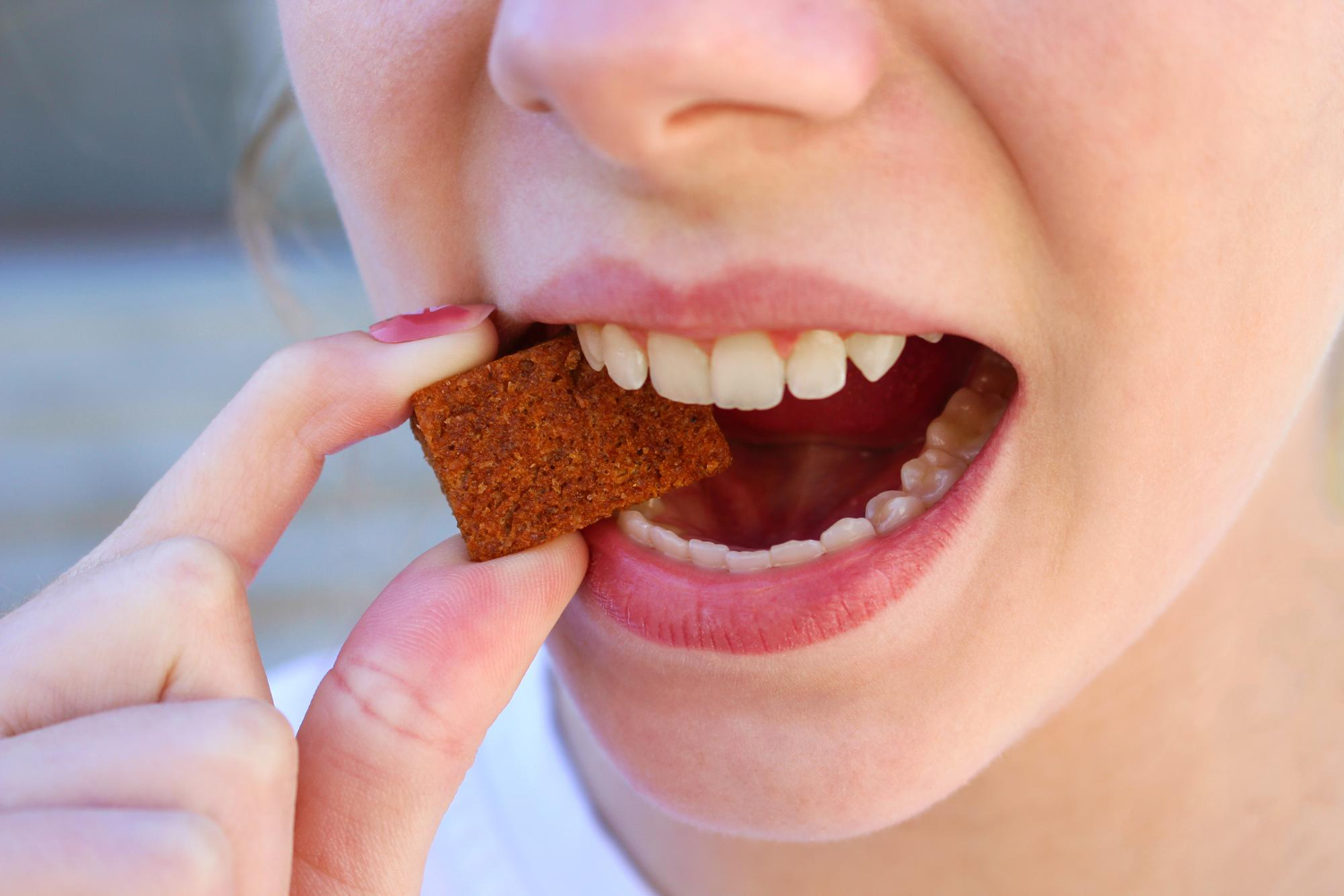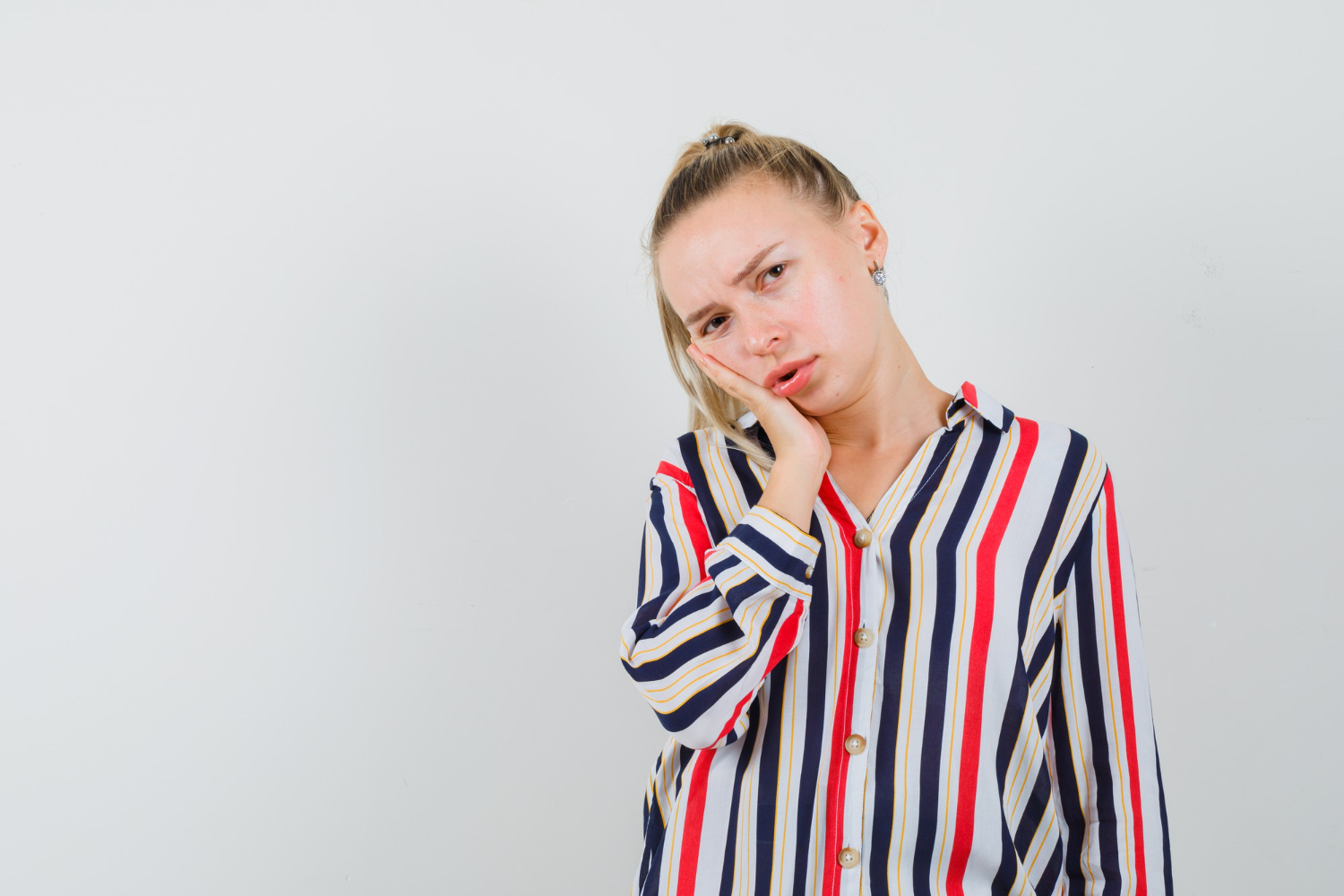Lice infestations are a common concern for many individuals and families, causing discomfort and frustration. These tiny parasites can spread rapidly, making it crucial to find effective treatments.
Lysol, a popular disinfectant known for its germ-killing properties, is often considered by some as a potential solution for lice treatment. But can Lysol actually kill lice?
In this blog post, we will explore the effectiveness of Lysol in combating lice and provide insights into better, safer alternatives.
Table of Contents
ToggleWhat Are Lice?
Types of Lice
Lice are small, wingless insects that live on the human body, feeding on blood. There are three main types of lice:
Head Lice
Head lice infest the scalp and are most commonly found in children. They spread rapidly through close contact and the sharing of personal items.
Body Lice
Body lice live on clothing and bedding, moving to the skin to feed. They are typically found in individuals living in crowded or unsanitary conditions.
Pubic Lice
Pubic lice, also known as “crabs,” infest the hair in the pubic area. They can also be found on other coarse body hair, such as eyelashes, chest hair, and armpits.
How Do Lice Spread?

Person-to-Person Contact
Lice are primarily spread through direct head-to-head or body-to-body contact. This is why they’re so common among school-aged children who play closely together.
Sharing Personal Items
Lice can also spread through the sharing of personal items like combs, brushes, hats, and clothing. It’s essential to avoid sharing these items to prevent the spread of lice.
Common Treatments for Lice
Over-the-Counter (OTC) Treatments
There are several OTC treatments available for lice, including shampoos and lotions. These products often contain insecticides that kill lice and their eggs.
Shampoos
Lice shampoos contain active ingredients like permethrin or pyrethrin, which are effective in killing lice. However, they may not always eliminate all lice eggs.
Lotions
Lotions are another common OTC treatment option, often used in conjunction with shampoos for better results. They work by suffocating the lice and disrupting their lifecycle.
Prescription Treatments
For severe infestations or cases where OTC treatments fail, prescription medications may be necessary. These treatments are prescribed by healthcare providers and tend to be more potent.
Medications Prescribed by Healthcare Providers
Prescription treatments include topical solutions and oral medications that target lice more aggressively, often providing quicker relief.
Home Remedies
Many people turn to home remedies for lice treatment. Some popular options include natural oils, vinegar, and combing techniques.
Natural Oils
Essential oils like tea tree oil, lavender oil, and eucalyptus oil are believed to have lice-repelling properties. They are often used in homemade lice treatments.
Vinegar
Vinegar is commonly used to loosen the glue that holds lice eggs to the hair shaft, making it easier to comb them out.
Combing Techniques
Manual removal using a fine-toothed lice comb is a crucial part of lice treatment. Regular combing can help remove lice and their eggs from the hair.
Can Lysol Kill Lice?
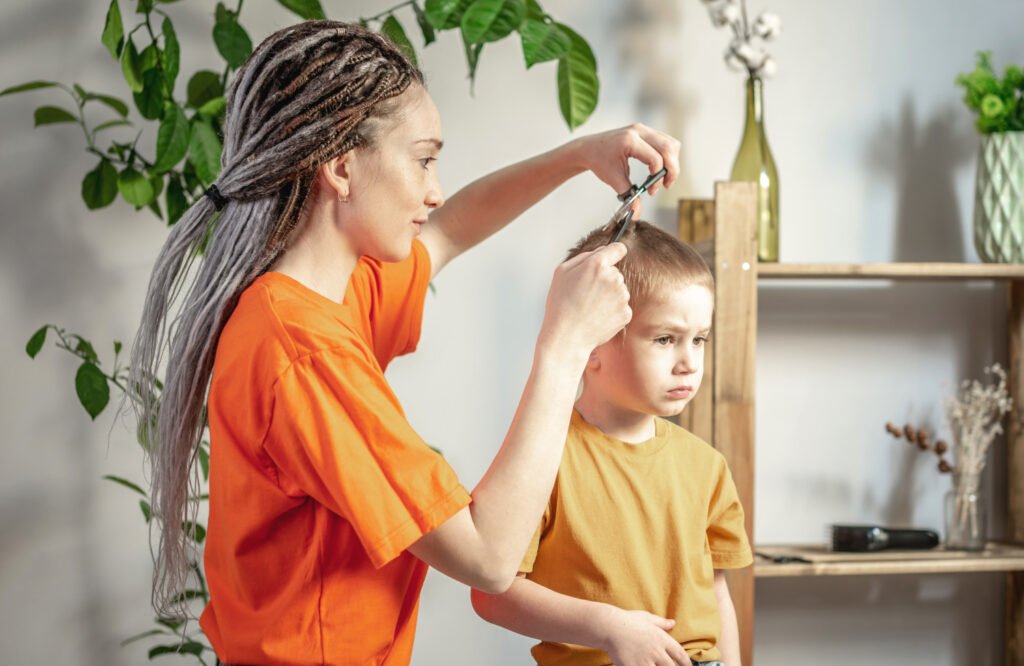
Understanding Lysol
Composition of Lysol
Lysol contains various active ingredients, including ethanol, isopropanol, and benzalkonium chloride. These compounds are effective in killing germs and disinfecting surfaces.
Primary Uses of Lysol
Lysol is primarily designed for disinfecting surfaces, killing bacteria, viruses, and fungi. It is commonly used in households to maintain hygiene.
Effectiveness of Lysol on Lice
Scientific Studies or Lack Thereof
There is limited scientific research on the effectiveness of Lysol in killing lice. While Lysol is a powerful disinfectant, it is not specifically formulated to target lice.
Anecdotal Evidence
Some individuals claim that Lysol has helped them eliminate lice. However, these claims are anecdotal and lack scientific backing.
Risks of Using Lysol for Lice Treatment
Potential Skin Irritation
Applying Lysol directly to the skin can cause irritation, redness, and allergic reactions. It is not designed for use on human skin.
Respiratory Issues
Inhaling Lysol fumes can lead to respiratory problems, especially for individuals with asthma or other respiratory conditions.
Ineffectiveness Compared to Approved Treatments
Lysol is not a recommended treatment for lice. There are more effective and safer options available that specifically target lice infestations.
Best Practices for Lice Prevention
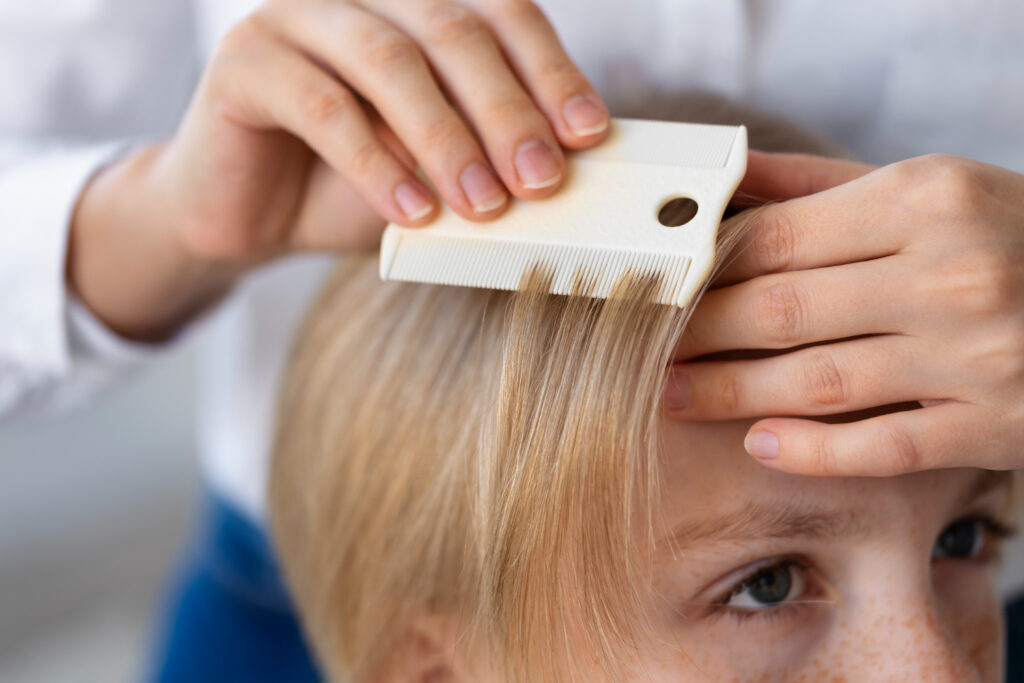
Personal Hygiene
Regular Washing and Combing
Maintaining good personal hygiene is essential in preventing lice infestations. Regularly washing hair and using a fine-toothed comb can help keep lice at bay.
Avoiding Sharing Personal Items
Avoid sharing personal items like combs, brushes, hats, and clothing to reduce the risk of spreading lice.
Cleaning Your Environment
Washing Bedding and Clothing in Hot Water
Washing bedding, clothing, and other personal items in hot water can help kill lice and their eggs, preventing re-infestation.
Vacuuming Furniture and Floors
Regular vacuuming of furniture, carpets, and floors can remove lice and their eggs from the environment.
Treating Infested Items
Sealing Items in Plastic Bags
Sealing infested items in plastic bags for a few weeks can help suffocate and kill lice.
Using Appropriate Disinfectants
Using disinfectants specifically designed for lice can help treat infested items effectively.
Expert Opinions on Lysol and Lice
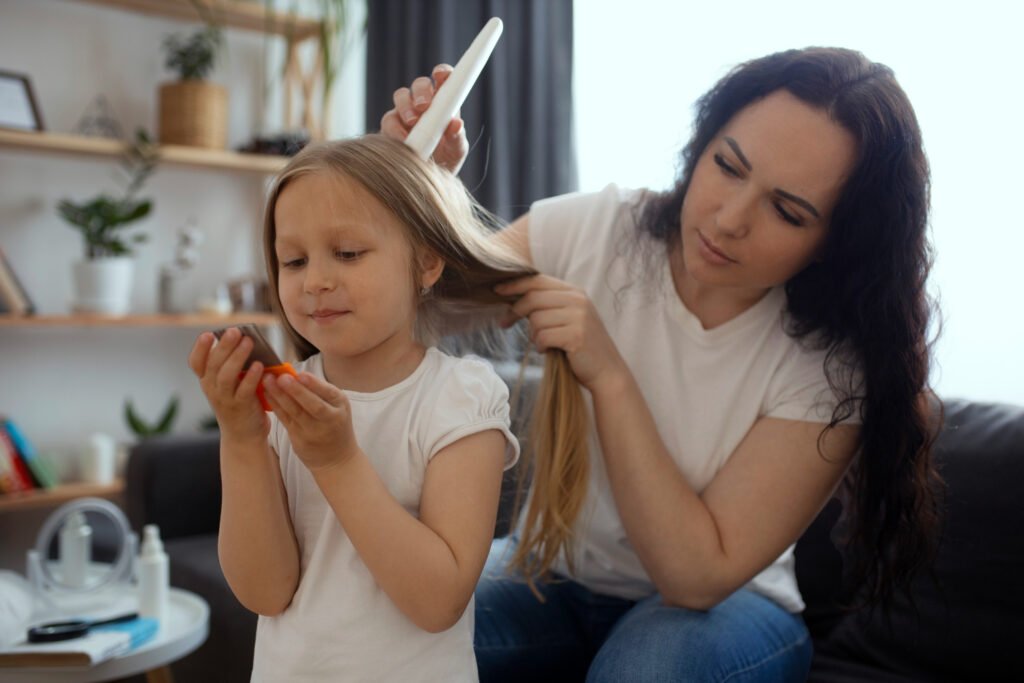
Quotes from Healthcare Professionals
Healthcare professionals generally do not recommend using Lysol for lice treatment. They advise using approved lice treatments for better results.
Recommendations from Lice Treatment Specialists
Lice treatment specialists recommend sticking to proven methods for lice removal, such as OTC treatments, prescription medications, and manual combing.
Alternative Effective Treatments
Chemical Treatments
Popular and Effective OTC Products
Popular OTC lice treatments include brands like Nix and Rid, which contain active ingredients that are effective in killing lice.
Prescription Options
Prescription treatments like Sklice and Natroba are highly effective in treating resistant lice infestations.
Natural and Home Remedies
Essential Oils
Essential oils like tea tree oil and lavender oil can be used as part of a natural lice treatment regimen.
Manual Removal Techniques
Manual removal using a fine-toothed lice comb remains one of the most effective ways to eliminate lice and their eggs.
Conclusion
In conclusion, while Lysol is an effective disinfectant for killing germs, it is not recommended for treating lice.
There are safer and more effective methods available for lice removal, including OTC treatments, prescription medications, and manual combing.
Maintaining good personal hygiene and cleaning your environment can also help prevent lice infestations. For the best results, consult healthcare professionals and follow their recommendations.
FAQs
Can Lysol kill lice eggs?
Lysol is not effective in killing lice eggs (nits). Approved lice treatments are more reliable for eliminating lice and their eggs.
What should I do if I have a lice infestation?
If you have a lice infestation, start with OTC treatments and manual combing. If the infestation persists, consult a healthcare provider for prescription options.
How can I prevent lice from spreading in my household?
To prevent lice from spreading, avoid sharing personal items, wash bedding and clothing in hot water, and regularly vacuum your home.
Are there any safe disinfectants for lice?
Safe and effective disinfectants for lice include products specifically designed for lice treatment, such as Nix and Rid.
How long does it usually take to get rid of lice?
The duration of lice treatment varies but typically takes about one to two weeks with consistent treatment and combing.
When should I see a doctor for lice treatment?
If OTC treatments are ineffective or if you have a severe infestation, seek medical advice for prescription treatments.

